Review: DON PASQUALE at Royal Opera House
Gaetano Donizetti’s comic opera Don Pasquale - first performed in early January 1843 in Paris - ended the opera buffa period on a high note. Its hugely successful premiere which included 4 of the most renowned singers of the day has remained a popular inclusion in the operatic repertoire to this day, despite a few noticeable periods of absence when it inexplicably fell out of fashion.
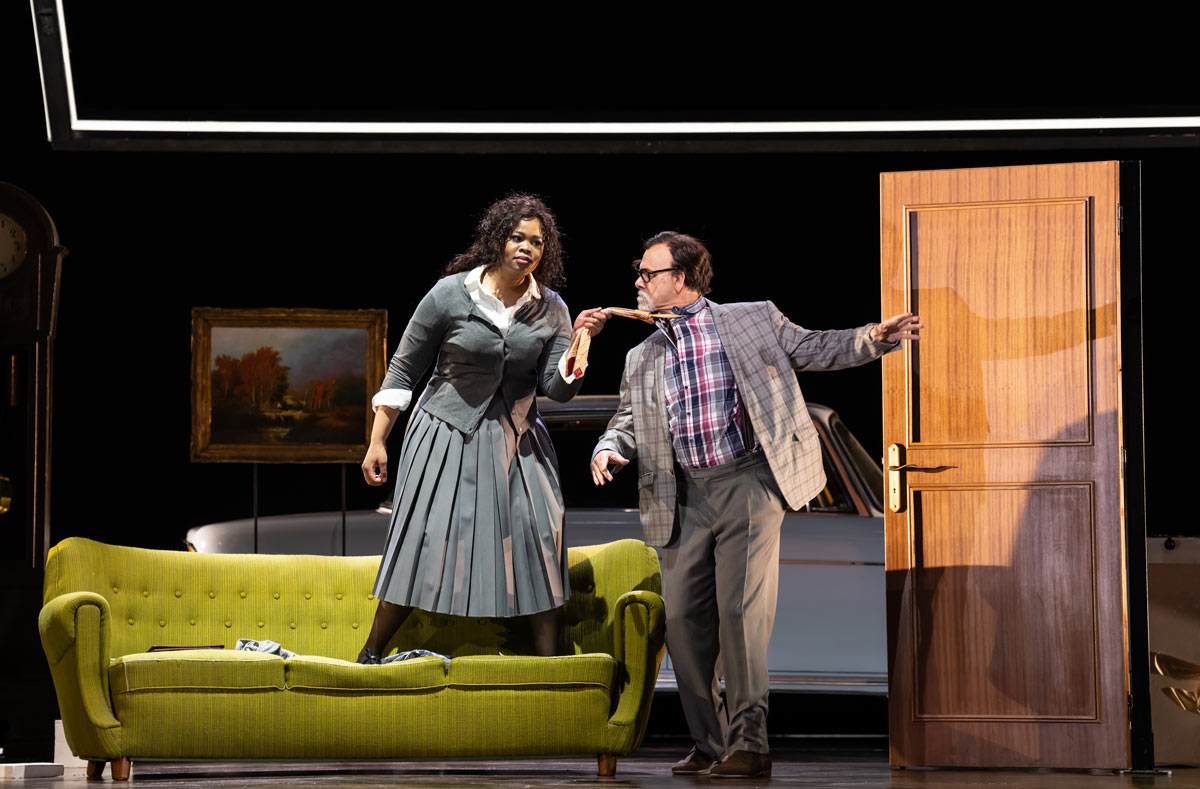 Pretty Yende (Norina) and Lucio Gallo (Don Pasquale) in Don Pasquale at the Royal Opera House © 2022 ROH. Photograph by Bill Cooper.
Pretty Yende (Norina) and Lucio Gallo (Don Pasquale) in Don Pasquale at the Royal Opera House © 2022 ROH. Photograph by Bill Cooper.
Following the production’s successful run in 2019, this is the first revival of Damiano Michieletto’s en trende battle of the generations, where young insouciant lovers (Ernesto and Norina) are denied by a controlling Uncle (Don Pasquale), who then finds himself undone by their brazen, revengeful entrapment of him with the help of a sympathetic accomplice (Dr Malatesta).
Learning that his lazy nephew is determined to marry for love to a penniless dreamer from a good but impoverished family, the ageing but lascivious Don determines to throw him out and instead take a wife for himself. His trusted doctor Malatesta offers to extricate his pious and supplicant sister from a convent for the very purpose (although the woman in the veil is in reality Norina in disguise). Once ‘married’ by a fake notary, she taunts him, remodels his house, spends a fortune on servants, gowns and jewellery and generally causes him regret. Bested at every turn he eventually capitulates and is forced to accept the lovers as a couple, that their time has come, and that he has been taught a valuable and salutary lesson.
Giacomo Sagripanti’s beautifully fluid and mercurial conducting style kept both the orchestra (and even the chorus) in perfect sync throughout, enabling Donizetti’s fast-paced dramatic style to flourish under his care. Paolo Fantin’s pared-down set of jaded comfort is strikingly morphed into an upgraded version — complete with Maserati in the parking space — during Norina’s modernisation of Pasquale’s house. The design lends a welcome bright and airy aspect to proceedings, especially when compared with the traditional listening-at-multiple-doors, hiding-in-various-closets/behind curtains/under beds approach to operas of this period.
Lucio Gallo’s Pasquale offered a suitably befuddled and outwitted elderly gentleman but some of the more taxing bass notes eluded him. The ‘youngsters’ had the best of proceedings, with Xabier Anduaga‘s Ernesto delivering extraordinarily resonant bel canto tenor notes and mellifluous floated phrasing. He is reminiscent of a young José Carreras but will need to develop greater confidence in his acting skills to fully realise the more taxing roles in the tenor repertoire. Andrzej Filonczyk delivered a too-cool-for-school Malatesta which explained the young lovers’ friendship with him, but not the Don’s unquestioning trust. Finally, South Africa’s new star in the operatic firmament Pretty Yende dazzled in the showy and subtly coquettish moments as Norina and with every new opportunity to develop her acting versatility, will undoubtedly cement her rightful place as a major leading lady in the world’s opera houses.
Latest News
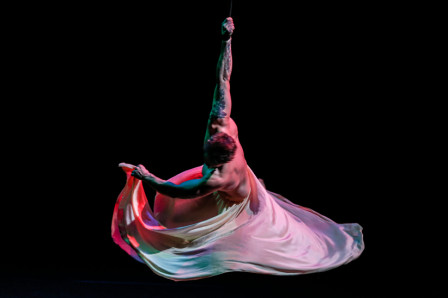
 Review: TUTU at Sadler’s Wells East
12 February 2026 at 08:52
Review: TUTU at Sadler’s Wells East
12 February 2026 at 08:52
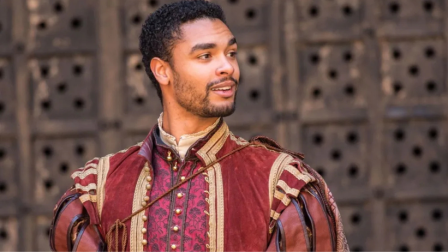
 Is The Great Gatsby, starring Regé-Jean Page, heading to the West End?
11 February 2026 at 15:40
Is The Great Gatsby, starring Regé-Jean Page, heading to the West End?
11 February 2026 at 15:40
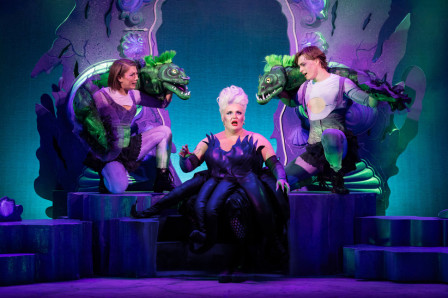
 Production photos of UNFORTUNATE: THE UNTOLD STORY OF THE SEA WITCH released
11 February 2026 at 15:14
Production photos of UNFORTUNATE: THE UNTOLD STORY OF THE SEA WITCH released
11 February 2026 at 15:14
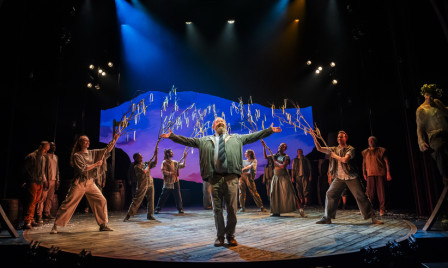
 Review Round-Up: THE UNLIKELY PILGRIMAGE OF HAROLD FRY at the Theatre Royal Haymarket
11 February 2026 at 14:19
Review Round-Up: THE UNLIKELY PILGRIMAGE OF HAROLD FRY at the Theatre Royal Haymarket
11 February 2026 at 14:19